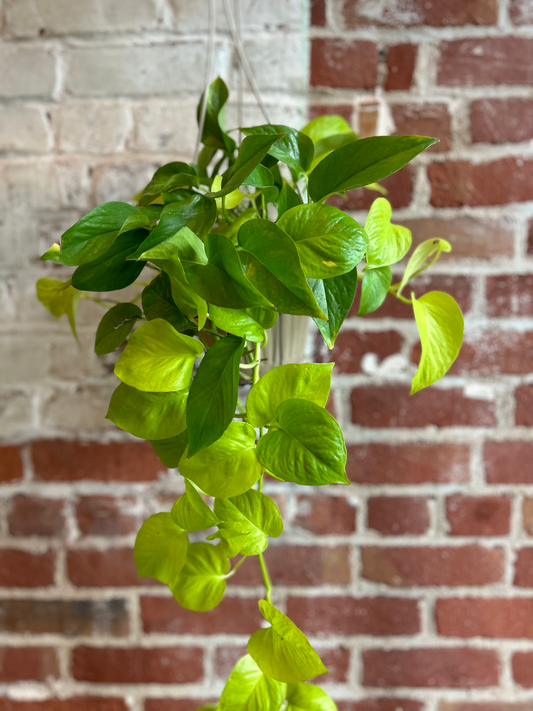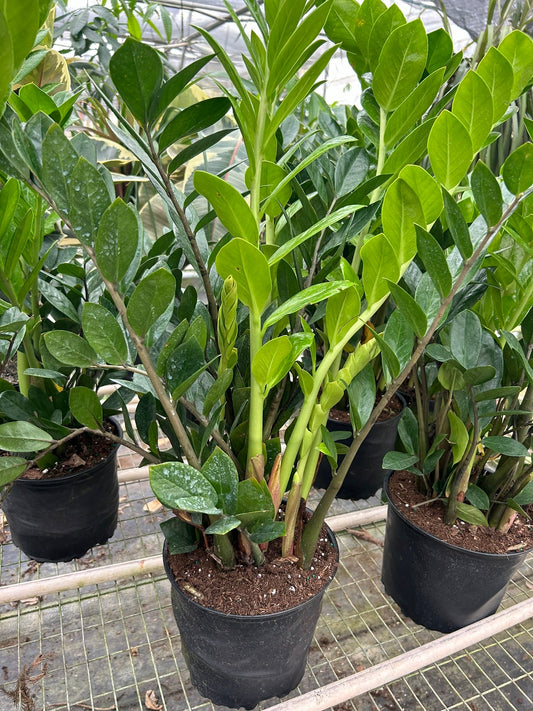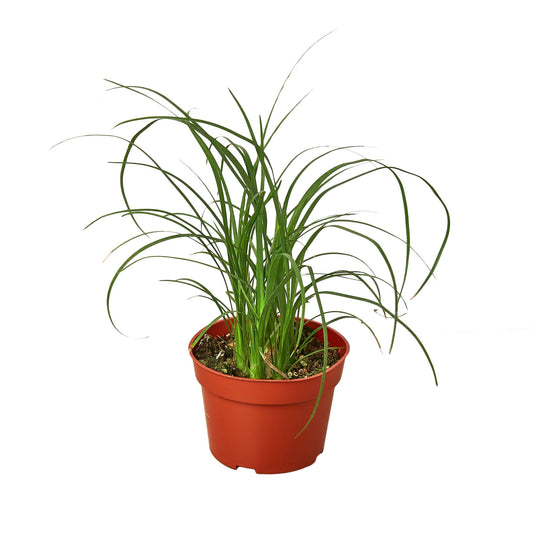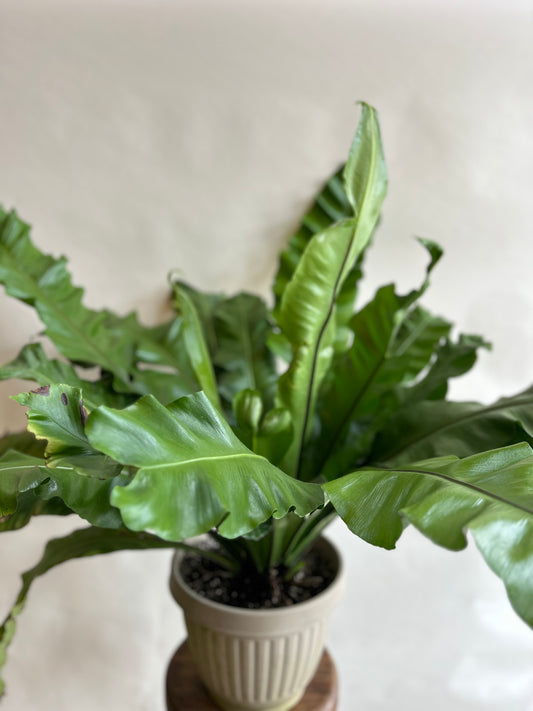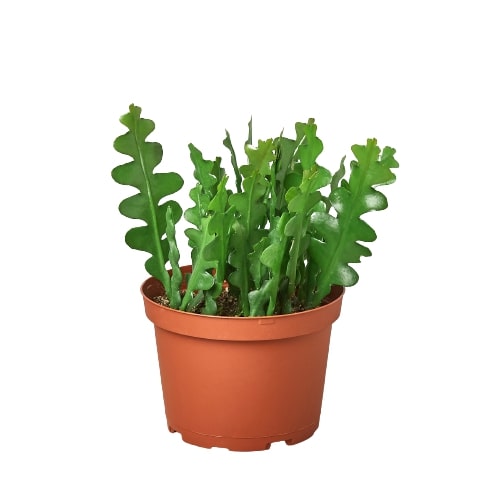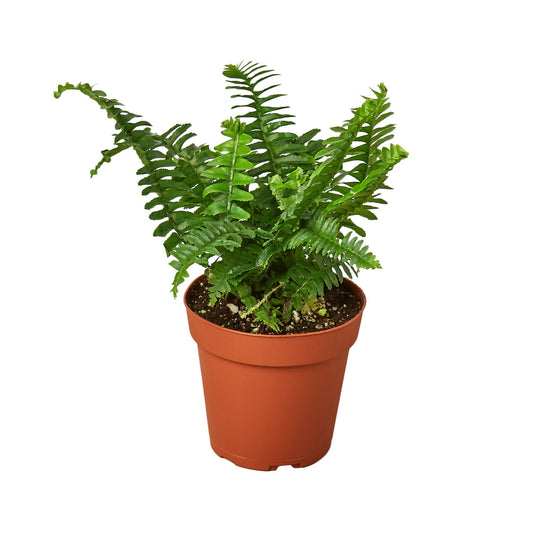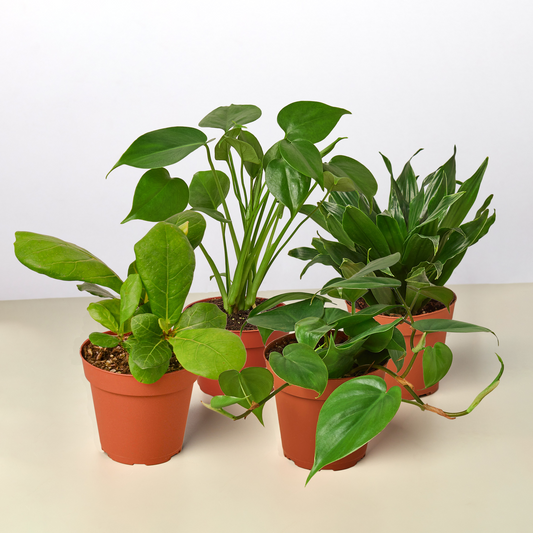Are Coffee Plants Toxic to Cats?
Cafe Planta Team
Many plant lovers find themselves pondering whether their favorite leafy companions might pose a risk to their furry friends. If you're a cat owner and a fan of houseplants, you might have wondered, "Are coffee plants toxic to cats?" It's a great question, and understanding the safety of your indoor jungle is key to keeping your pets healthy.
In this article, we'll take a closer look at the coffee plant, its potential hazards for cats, and share some tips on how to keep your feline friends safe while still enjoying your botanical hobby. We'll also cover some practical care advice for those who want to keep coffee plants without putting their pets at risk.
What is a Coffee Plant?
Before diving into the nitty-gritty of plant toxicity, let's get to know the coffee plant a little better. The coffee plant, scientifically known as Coffea arabica or Coffea canephora, is widely grown for its seeds, which we all recognize as coffee beans. These plants are native to tropical regions of Africa but have been cultivated worldwide for their valuable beans.
Coffee plants are not only functional but also quite attractive as houseplants. They have glossy, dark green leaves and can produce small, fragrant white flowers. In the right conditions, you might even see them bearing small, red berries—though this is less common indoors.
But what about the coffee plant's potential risks for our feline friends? Understanding the specifics can help you decide if this plant is right for your home.
Is the Coffee Plant Toxic to Cats?
Now the million-dollar question: Are coffee plants toxic to cats? The short answer is yes. Coffee plants contain compounds that can be harmful to cats if ingested. The primary culprits are caffeine and theobromine, both of which are stimulants.
These compounds can affect a cat's central nervous system and cardiovascular system. Cats are particularly sensitive to these substances, and even a small amount can cause problems. So, if your cat decides to nibble on a coffee plant leaf, it could experience symptoms ranging from mild to severe.
Some signs of caffeine or theobromine poisoning in cats include:
- Vomiting
- Diarrhea
- Increased heart rate
- Restlessness or hyperactivity
- Tremors or seizures
If you suspect your cat has ingested part of a coffee plant, it's important to contact your veterinarian immediately.
Why Cats Might Be Attracted to Coffee Plants
It might seem strange that a cat would be interested in a coffee plant, but there are a few reasons why your feline might be drawn to it. For one, the texture of the leaves can be intriguing to cats who enjoy chewing on plants. Additionally, the plant's position in your home might be a factor—if it's in a spot where your cat likes to perch or nap, curiosity might get the better of them.
Cats are naturally curious creatures, and their interest in plants can sometimes lead to unwanted nibbling. While most cats won't automatically go for a coffee plant, it's always best to err on the side of caution and consider how you can prevent any accidental munching.
Preventing Cat and Coffee Plant Mishaps
So, you're a coffee plant fan, but you're also a devoted cat parent. How do you ensure both can coexist peacefully in your home? Here are a few strategies to keep your kitty safe while still enjoying your plant collection:
- Placement: Keep your coffee plant out of reach. Place it on high shelves or hang it in a planter where your cat can't reach.
- Distraction: Provide your cat with safe alternatives to chew on, like grass or catnip, to divert their attention from your houseplants.
- Repellents: Use safe, non-toxic deterrents, such as citrus peels or commercial pet repellents, around your plants to discourage nibbling.
- Supervision: Keep an eye on your cat when they're near your plants, especially if they're prone to chewing.
Implementing these tips can help prevent your cat from getting into trouble with your coffee plant.
Choosing Pet-Safe Alternatives
If the idea of having a coffee plant in your home is causing you stress, there are plenty of pet-safe alternatives you can consider. Many beautiful houseplants pose no threat to your feline friends, allowing you to maintain a vibrant indoor garden without worry.
Some pet-safe houseplants include:
- Spider Plant (Chlorophytum comosum): Known for its arching leaves and air-purifying properties.
- Boston Fern (Nephrolepis exaltata): A lush, feathery option that thrives in humidity.
- Areca Palm (Dypsis lutescens): Adds a tropical touch without any toxic effects on cats.
- Calathea (Calathea spp.): Known for its striking foliage patterns, safe for pets.
These options offer the same aesthetic appeal as coffee plants without the associated risks.
Care Tips for Coffee Plants
For those determined to keep their coffee plant, understanding how to care for it can help ensure it thrives while minimizing any risk to your pets. Coffee plants can be a bit finicky, but with the right conditions, they can be a beautiful addition to your home.
Here are some essential care tips for keeping your coffee plant healthy:
- Light: Coffee plants prefer bright, indirect light. Direct sunlight can scorch the leaves, so find a spot that offers filtered light.
- Water: Keep the soil consistently moist but not soggy. Water when the top inch of soil feels dry to the touch.
- Humidity: These plants love humidity, so consider misting them regularly or placing a humidifier nearby.
- Soil: Use a well-draining potting mix, ideally one formulated for acid-loving plants like azaleas or camellias.
- Fertilizer: Feed your coffee plant every few weeks during the growing season with a balanced, water-soluble fertilizer.
By following these guidelines, you can enjoy a thriving coffee plant without putting your cat at unnecessary risk.
Balancing Plant Care with Pet Safety
Creating a home environment that's both plant-friendly and pet-safe can be a balancing act, but it's certainly doable. The key is to be informed about the plants you choose to bring into your living space and to understand how they might interact with your furry companions.
For those with cats and a passion for plants, maintaining open communication with your vet can be beneficial. They can provide personalized advice based on your specific situation and help you identify potential hazards you might not have considered.
Remember, your cat's health is paramount, and with a bit of planning, you can design a harmonious living space where both plants and pets thrive.
Pet-Friendly Interior Design Tips
For plant people who love interior design, incorporating plants into your home decor is a must. But how do you do this while keeping your pets safe? Here are some pet-friendly design tips to consider:
- Vertical Gardens: Use wall-mounted planters to keep plants out of reach of curious cats.
- Hanging Baskets: Suspend plants from the ceiling to add greenery without risking your pet's safety.
- Pet-Safe Zones: Designate specific areas in your home for plants that might be risky for pets and keep those areas off-limits.
- Decorative Barriers: Use decorative screens or plant stands to create a visual barrier between your cat and your plants.
With a bit of creativity, you can create a beautiful home filled with plants that respects both your style and your pet's safety.
Understanding Plant Labels and Resources
When shopping for plants, understanding the labels and resources available to you can make a big difference. Many plant shops and online retailers provide information about plant toxicity, which can help you make informed choices.
Here are a few tips for using these resources effectively:
- Research: Before purchasing a new plant, do a quick online search to check its toxicity level for pets.
- Labels: Read plant labels carefully, as they often include care instructions and toxicity warnings.
- Ask Questions: Don't hesitate to ask staff at your local plant shop for advice on pet-safe plants.
By staying informed, you can ensure that your plant collection is safe for all members of your household, furry or otherwise.
Final Thoughts
In summary, coffee plants are indeed toxic to cats due to compounds like caffeine and theobromine. However, with thoughtful placement and consideration of pet-friendly alternatives, you can enjoy a lush plant collection without compromising your cat's safety.
At Cafe Planta, we're here to help you find the perfect plants for your home. Whether you're a seasoned plant parent or just getting started, we offer a variety of houseplants and accessories to suit your needs. If you have any questions or need advice, feel free to reach out via email or drop us a message on Instagram. Let's nurture our love for plants and create beautiful, thriving spaces together!


